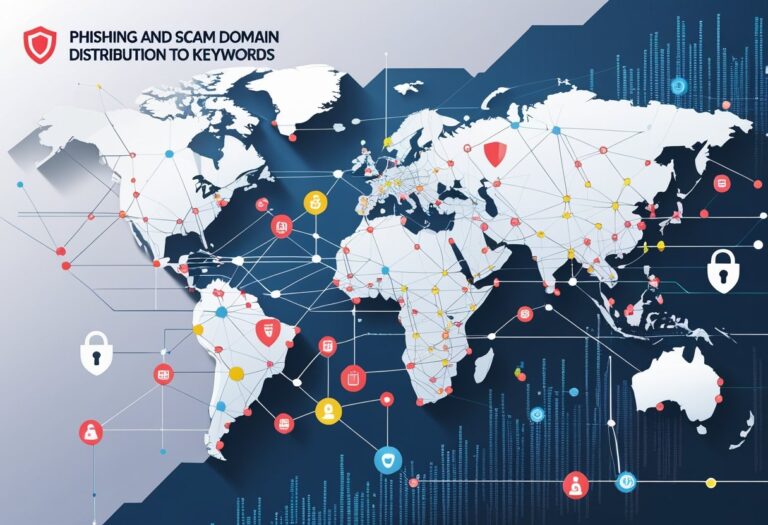플레이어 권익 옹호를 위한 DAO 전략적 활용 방식
DAO가 게임 플레이어 권익을 혁신하는 방식
블록체인을 통한 플레이어 권한 강화
탈중앙화 자율조직(DAO)은 블록체인 기반 거버넌스를 통해 게임 플레이어가 개발 결정에 직접 참여할 수 있는 새로운 패러다임을 제공한다. 스마트 계약과 토큰 기반 투표 메커니즘을 활용하여, 플레이어는 개발 방향, 기능 개선, 경제 구조 등에 실질적인 영향력을 행사할 수 있다.
고급 거버넌스 메커니즘
- 제곱 투표: 자산 보유자의 과도한 영향 방지
- 멀티시그 지갑 관리: DAO 재정의 투명한 분배
- 시간 지연 실행: 급변 대응 방지 및 숙려 시간 확보
- 온체인 투표 기록: 모든 결정의 불변적 검증 가능성 확보
커뮤니티 중심 개발 구조
- 플레이어가 제안하는 기능 반영 구조
- 개발자에 대한 투명한 책임 시스템
- 자금 사용 흐름에 대한 집단 감시 및 승인
- 지속 가능한 장기 개발 거버넌스 체계 수립
게임 생태계에 미치는 전략적 효과
- 플레이어의 실질적 참여 확대
- 게임 수명 연장 및 사용자 충성도 향상
- 개발자-플레이어 간 갈등 감소
- 지속적 개선이 가능한 협업 기반 개발 모델 제공
현행 플레이어 권익 구조의 한계
기존 문제점
- 플레이어 피드백 경로가 제한적이고 일회성 대응에 그침
- 개발사 중심의 불균형 권력 구조
- 플랫폼별 커뮤니티 분산으로 집단 행동 조직이 어려움
- 수익 중심의 시장 유인 구조로 플레이어 경험은 후순위
기존 권익 수단의 효과 부족
포럼 게시글, 해시태그 캠페인, 보이콧 등 전통적 방법은 일시적 효과는 있으나, 구조적 변화를 지속시키기에는 조직력이 부족하고, 영속적 기록이나 합법적 효력이 없는 경우가 많다.
DAO 투표 시스템의 구현 방식
스마트 계약 기반 투표 구조
- 거버넌스 토큰을 통한 투표 권한 분배
- 플레이 시간, 커뮤니티 활동 등을 기반으로 참여 조건 부여
- 투명한 집계와 즉각적인 실행 메커니즘 도입
투표 보안과 참여 확장
- 제곱 투표를 통한 권력 집중 완화
- 온체인 ID 인증과 프라이버시 보호(ZKP)
- 위임 투표 및 제안 등록 요건 설정
DAO 자원 관리 및 토큰 경제
핵심 관리 구조
- 토큰 분배: 장기 참여 유도, 벤처 집중 방지
- 스테이킹 보상: 행동 기반 참여 보상 체계
- 다중 서명 지갑: 커뮤니티 자산 보호
- 예산 승인 절차: 주요 자금 사용시 DAO 투표 필요
경제 유인 구조
- 행동 기반 토큰 보상 (예: 투표 참여, 제안 제출)
- 기여도에 따른 명성 시스템 도입
- 중요 커뮤니티 구성원에 대한 영향력 확대
개발자-플레이어 관계 재정립
탈중앙 거버넌스를 통한 역할 재편
- 플레이어가 수동 소비자에서 공동 창작자로 전환
- 개발사는 직접 참여와 피드백을 기반으로 협업 구조 수용
- 의사결정이 투명하게 이루어지고, 결과가 자동 이행됨
공동 재정 및 우선순위 설정
- DAO 제안 구조를 통한 개발 방향 요청
- 공개된 예산 배분 및 사용처 투명화
- 개발 자원에 대한 우선순위 공동 결정
공동 창작 생태계로의 전환
DAO 기반 구조는 게임 제작을 일방적 생산-소비 모델에서 벗어나, 플레이어와 개발자가 함께 게임을 설계하고 진화시키는 공동 창작 환경으로 탈바꿈시킨다.
스마트 계약으로 구현되는 자동화 구조
주요 계약 유형
- 투표 계약: 정족수 달성 시 자동 실행
- 재무 계약: DAO 승인 하에 토너먼트 보상, 보조금 지급 등 자동 처리
- 규칙 위반 처리 계약: 일정 조건 충족 시 자동 제재
확장성과 보안
- 모듈형 계약 구조 → 기능 업데이트 유연성 확보
- 보안 강화를 위한 감사 기능 내장
- 제한된 기능 변경 권한(커뮤니티 투표 기반)
미래 전략 요약
- DAO는 지속 가능한 게임 거버넌스의 실현 수단
- 플레이어 권익 보호 및 직접 참여 구조 정착 가능
- 투명성, 효율성, 협업 구조가 공존하는 차세대 게임 생태계 기반
결론: DAO는 플레이어 권익 보호의 미래
탈중앙화 자율조직(DAO)은 단순한 기술적 실험을 넘어, 플레이어 권익 보호와 게임 생태계 민주화를 위한 강력한 수단으로 부상하고 있다. 기존 구조에서는 플레이어의 의견이 수렴되기 어려웠지만, DAO는 의사결정, 자원 배분, 규칙 설정까지 플레이어가 실질적 주체로 참여할 수 있게 한다.
스마트 계약 기반의 자동화된 거버넌스는 개발자의 독단을 줄이고, 커뮤니티의 집단 지성에 기반한 유연하고 지속 가능한 발전 경로를 마련해준다. 특히 게임 산업에서 반복적으로 문제가 되어온 불투명한 수익 구조, 무시된 피드백, 일방적 업데이트 등의 문제를 구조적으로 해결할 수 있는 기반이 된다.
향후 도입을 위한 핵심 조건
- 플레이어 교육: DAO 구조와 거버넌스 메커니즘에 대한 이해 제고
- 보안 강화: 스마트 계약의 지속적 감사와 프라이버시 보호
- 접근성 향상: 참여 장벽을 낮추는 UX 설계 및 다국어 지원
- 규제 연계: 지역별 디지털 자산 규정과의 조화
DAO는 게임 권력 구조를 재편한다
DAO는 게임 내 권력을 재정의한다. 개발자와 퍼블리셔의 통제력은 공동 관리로 분산되고, 플레이어는 수동적 소비자가 아닌 능동적 공동 설계자로 성장한다. 이는 단순한 ‘게임 참여’가 아닌, 게임 생태계 전체의 공동 소유권을 의미한다.
플레이어 중심의 DAO 구조는 미래 게임 거버넌스의 핵심으로 자리잡고 있으며, 이는 단순한 권익 보호를 넘어 게임이 진화하는 방식 자체를 바꿀 수 있는 결정적 도구가 될 것이다.



